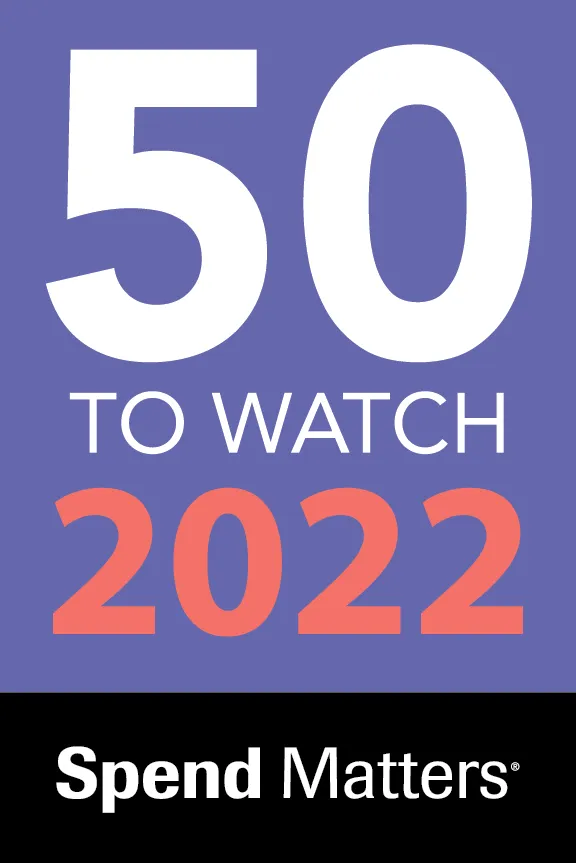“I wish they would let me discover their amazingness myself” said my bandmate as we watched the latest ‘it’ band perform at the Silver Lake Lounge in Los Angeles. The band on stage had everything you would expect from the ‘next big thing’. The sound. The looks. The gear. The moves. And they appeared to be delighting in shoving their ‘art’ into our faces demanding that we see and hear in them what they believed they were. Only, they weren’t. And everyone but them in the club knew it. They didn’t have the elusive ‘it’ factor. That rare gold mined day and night in the city of angels. Or maybe they did, but we just couldn’t find ‘it’ because they were so busy trying to control our decision process. They were not a true indie band or true artists. They were in fact con-artists who didn’t trust their audience, lacking the one thing great artists possess, and the one thing we listeners are all in search of. Authenticity.
Authenticity is a mix of vulnerability, confidence and humanity. It’s felt more than it’s seen or heard. Authenticity breaks through the noise, and we consumers just can’t get enough of it. In other words, it’s rare.
In today's digital age, most B2B marketing professionals operate like they’re the ‘it’ band. Pushing their features and functions and forgetting that they are speaking to humans, with agency and budgets, who get to make their own choice about how ‘amazing’ a product is. To break through noise, today’s marketers must approach their work with a different mindset. Instead of treating their audience as passive consumers, they need to think more like authentic indie bands and trust their audience to become part of the story. This approach is essential to creating authentic connections and building strong communities around brands. Professor Scott Galloway, an author, marketing expert, and NYU professor, has argued that "authenticity is the new consumer sensibility. In an age where information is ubiquitous, consumers want to know what a brand stands for and whether it aligns with their values. Brands that are authentic and transparent in their messaging and actions are more likely to attract loyal customers who become advocates for the brand."
I was in the record industry right when Apple music and Spotify came on the scene. These new distribution models scared the bejesus out of record companies who had built the perfect moat around their business model by selling little round discs that cost about $0.69 to make and selling them for $16.99. One of my record contracts had a clause allowing the record company to retain 20% of net proceeds solely for broken records, as in those 12 inch acetate discs from the 70’s and earlier, that might break during shipping. Our music wasn’t offered on records, just CDs and downloads. The ubiquity of distribution methods terrified record companies. And it should terrify B2B marketers today who are desperate to attribute their marketing efforts to revenue in a sea of B2B marketing noise.
The ubiquity of media distribution in today's digital age has created a world where any company can create and share content with a global audience. Most of what’s shared is absolutely ignorable because it’s laced with ‘look at me’ desperation. Unwatchable zoom conversations with connection issues. Jargony ads that say everything and nothing at all. All this ‘marketing’ has clogged up the pipes, and the shareholders of the social media distribution love it that way. Marketers naturally end up marketing out of fear instead of authenticity. And it shows.
The rise of social media has transformed the way customers consume media and interact with brands. Customers now have unprecedented access to information and can interact with brands in real-time. As a result, traditional marketing methods that relied on one-way (aka look at me) communication no longer work as well. Customers want to feel engaged and involved with brands, and they are more likely to trust and support brands that they feel a connection to. They want to discover how awesome you are on their own terms, not yours.
So how do you become a signal in the noise?
Believe in your story and trust your audience.
Market like an indie band.
Indie bands rely heavily on authenticity to succeed in the music industry. Mostly because that’s all they have. They don’t have outsized marketing budgets to buy attention. As independent artists, they are not bound by the constraints and pressures of major record labels, and therefore have the freedom to express themselves in their own unique way. Indie music fans are typically attracted to the genre because of its authenticity and rawness, which is often lacking in mainstream music. The lyrics and music of indie bands are often deeply personal, and fans can connect with them on a more emotional level. Authenticity also helps indie bands to stand out in a crowded market, and to build a dedicated fan base that appreciates their artistic integrity.
Marketing professionals should similarly strive for authenticity in their messaging and branding. Brands that try to be all things to all people often come across as insincere and untrustworthy. Instead, brands should focus on their unique strengths and values and communicate them honestly to their audience. Show your strengths, and maybe a few weaknesses too. This approach will attract like-minded customers who share the brand's values and create a sense of community around the brand.
Here’s three simple tips:
- Show some restraint. Don’t push everything you do all at once. If you do, we’ll stop believing you. Talk to us about a few things you do well, and maybe share why you like doing those things.
- Share what you don’t do well. This is counter-intuitive to traditional marketing. When you make it clear what you don’t do, you naturally draw a box around what you do well. We don’t expect indie bands to have epic light shows. The lack of a light show draws us into them more.
- Trust the process. As much as we hate those three words, they apply to finding customers who will ‘get’ you. It takes time and vulnerability to build trust.
So my dear marketing professionals, try to think more like an indie band. Trust your audience and engage in two-way communication so that you can create authentic connections and build strong communities around your brand. This approach requires a willingness to be transparent, open to feedback, and authentic in messaging and branding. By adopting this mindset, you can achieve greater breakthroughs in today's ever-changing digital landscape. Rock on.
PS. I don’t remember the name of the band from Silver Lake Lounge. I doubt anyone does.









